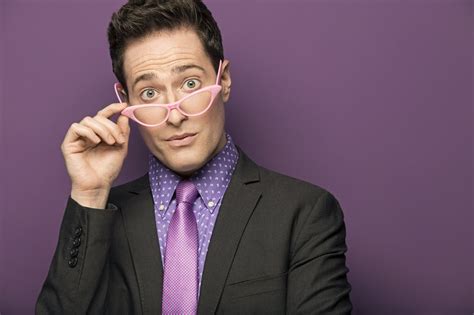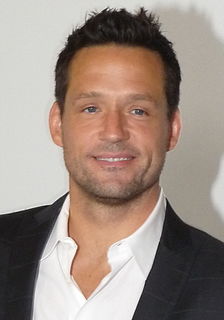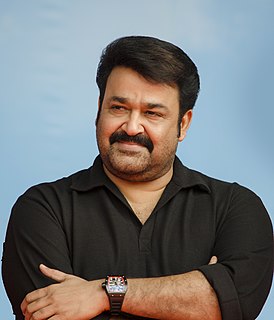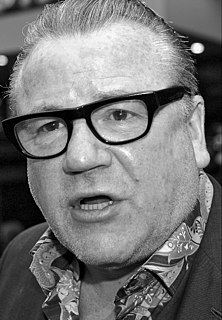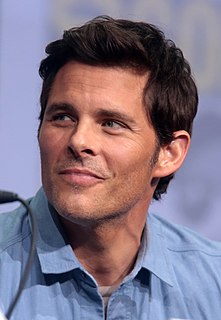A Quote by Helena Bonham Carter
A film actor is just a victim of directors and editors.
Related Quotes
The hardest thing for a film actor, especially if you are in a lot of the film, is sustaining energy for the entire length of a production. It's quite tough. With acting, it's not the same as directing. Directors work the exact same hours; directing is incredibly exhausting. The only difference is that directors aren't required to have bursts of energy and focus. They're probably focused the entire day. Actors have this thing of "stop/start." That can be quite draining, actually.
Priyadarshan has directed over 84 films and more than 150 ad films. With every film, he is growing. He knows his job well; he is thorough. His way of making a film and song or choreographing a scene is entirely different from other directors. He knows how to use an actor's talent and how to handle an actor.
Being a victim doesn't take much. There are built-in excuses for failure. Built-in excuses for being miserable. Built-in excuses for being angry all the time. No reason to trying to be happy; it's not possible. You're a victim. Victim of what? Well, you're a victim of derision. Well, you're a victim of America. You're a victim of America's past, or you're a victim of religion. You're a victim of bigotry, of homophobia, whatever. You're a victim of something. The Democrats got one for you. If you want to be a victim, call 'em up.
It's not often I get to do a film that turns out good. Plus, there just aren't that many great directors out there. There are a thousand different decisions that need to be made with each script and it's the good directors that can make those decisions. It's a long and complicated process in regards to what looks good on paper. Working on a bad film can be fun too. It can be a good exercise that gets you writing.
Most people assume because I'm an actor that's all I know about and care about, I'm actually a camera geek and a film geek. I grew up making short films the same time I was acting. For me, it's a motion picture, not a play. I'm just as interested in what the camera department is doing and world building through costume design and production design as I am in acting. I think all good directors do that whether they're an actor or not.
Being an actor in TV or movies is different. A film or TV actor, if put in theatre, won't know certain dimensions, while a theatre actor won't know certain things when he comes before the camera. So I think a film actor can learn emoting from this theatre counterpart, while the theatre actor can learn about camera techniques from the film actor.

